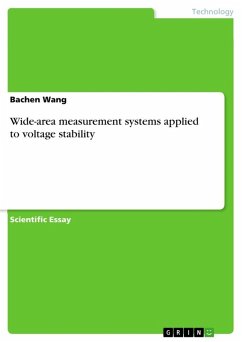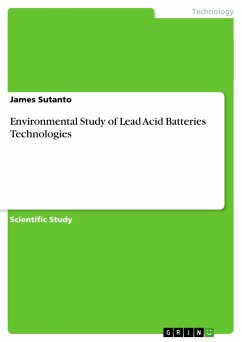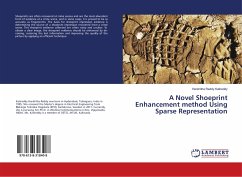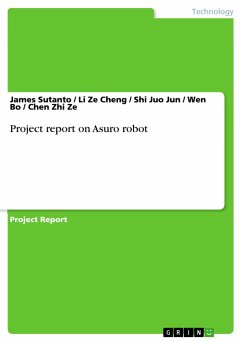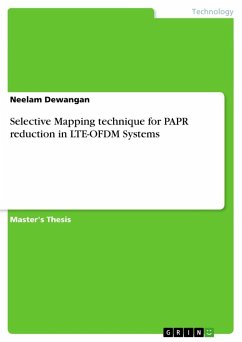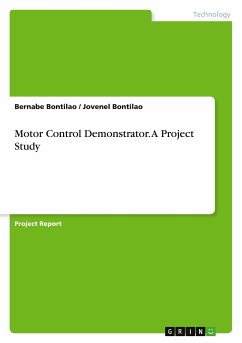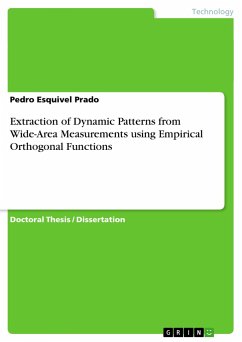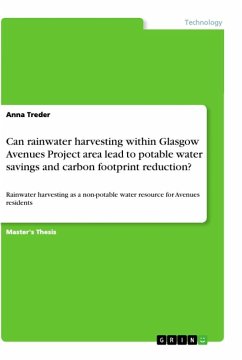
Can rainwater harvesting within Glasgow Avenues Project area lead to potable watersavings and carbon footprint reduction?
Rainwater harvesting as a non-potable water resource for Avenues residents

PAYBACK Punkte
0 °P sammeln!
Master's Thesis from the year 2020 in the subject Engineering - Civil Engineering, grade: 2.1, University of Strathclyde (Civil and Environmental Engineering), language: English, abstract: This research will present opportunities and limitations of rooftop rainwater harvesting within Glasgow Avenues Project area. Potential potable water savings will shed light on other environmental benefits, such as greenhouse gasses emissions and energy consumption. All findings of conducted research will be detailed within subsequent chapters of this paper. Estimations predict that, due to current freshwate...
Master's Thesis from the year 2020 in the subject Engineering - Civil Engineering, grade: 2.1, University of Strathclyde (Civil and Environmental Engineering), language: English, abstract: This research will present opportunities and limitations of rooftop rainwater harvesting within Glasgow Avenues Project area. Potential potable water savings will shed light on other environmental benefits, such as greenhouse gasses emissions and energy consumption. All findings of conducted research will be detailed within subsequent chapters of this paper. Estimations predict that, due to current freshwater shortages, water will replace petroleum as the liquid gold of the 21st century. Even though some regions, such as Scotland, have an abundance of water, it can be argued that due to the trends of growing population, which inevitably leads to greater consumption, and the relentless increasing of the Earth's temperature, which translates into triggering more rapid evaporation rates, this situation may not be sustainable in the future. Supplying water leads to many environmental changes, such as decreasing groundwater levels in aquifers or air pollution from water collection, treatment and pumping over long distances. Air pollution significantly contributes to the global climate change, which in turn will intensify the water shortage problem. Rainwater harvesting as a capture, storage and supply of rainwater at the point of use may be a viable solution for these issues. Properly designed and supplied by renewable energy these systems may enhance the city's resilience to climate change and help tackle environmental issues. In urbanised areas, the least contaminated rainwater can be collected from the rooftops. Rainwater contamination impacts on the system's efficiency and longevity, which is important in financial and maintenance aspects. Rainwater collected at the building rooftop can be utilised for non-potable purposes within that building, and any excess water can be stored for future use during dry periods. No water treatment is required for such use of water; thus, energy is saved and carbon emissions reduced. In situ rainwater harvesting also precludes energy consumption for transportation. However, a certain amount of energy is needed for pumping rainwater from the main storage tank to the points of use.




